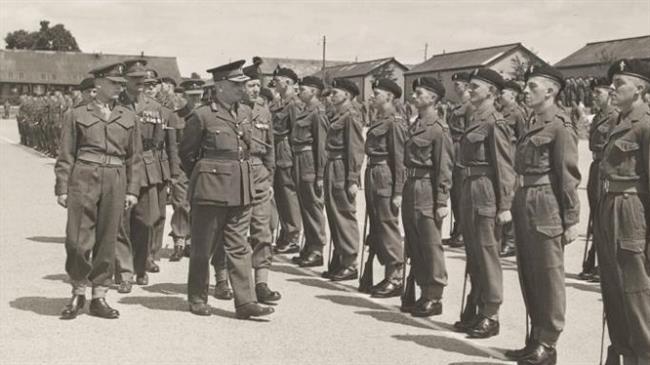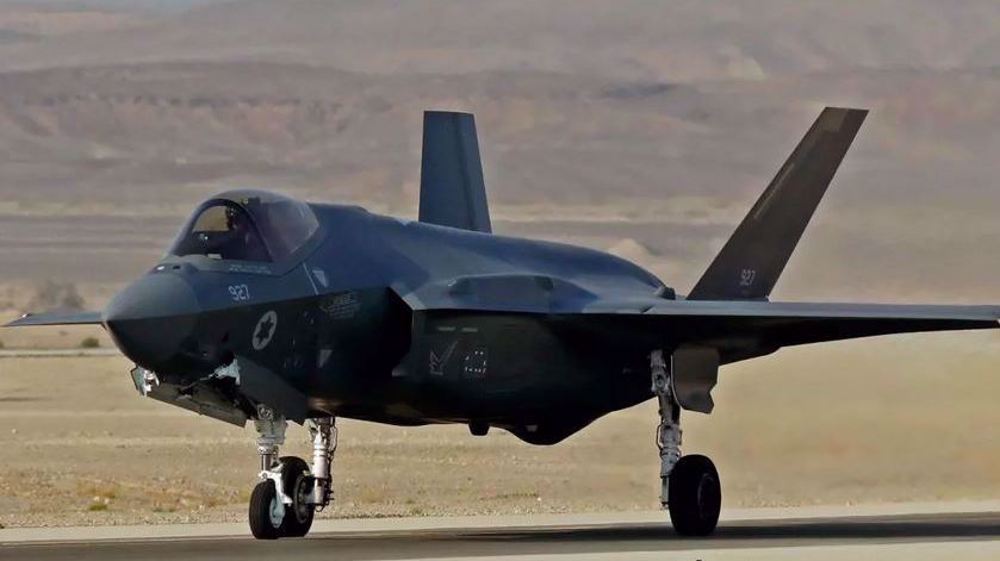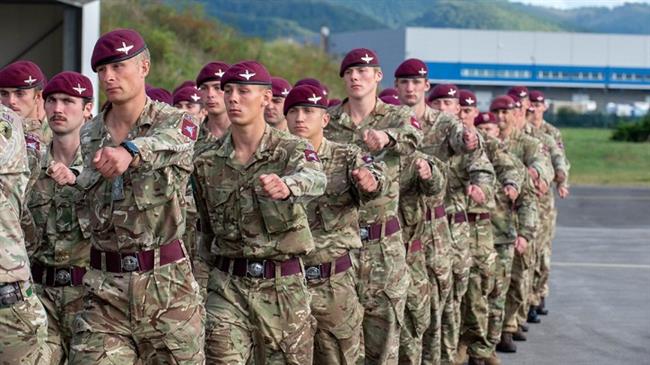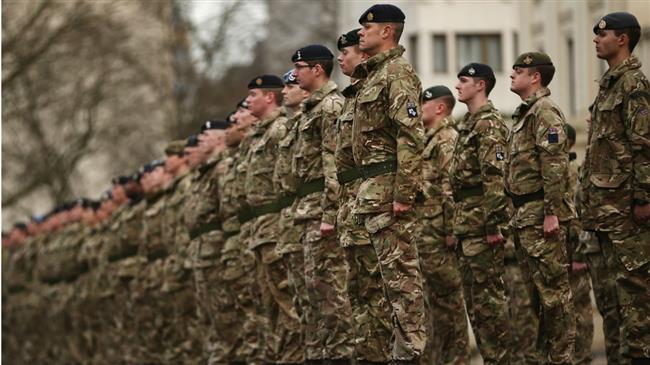Leading academic calls for the re-introduction of conscription
The UK’s lack of social resilience during the coronavirus crisis has been sufficiently worrying for key thinkers and organizations to propose the re-introduction of national service, albeit in modified form.
The Times newspaper (April 27) reported on a study prepared by leading military historian, Professor Hew Strachan, proposing the reinstitution of conscription, sixty years after it was abolished in 1960.
Excl: Britain should look at reintroducing national service to boost public engagement with defence, says MoD-commissioned report.
— Lucy Fisher (@LOS_Fisher) April 27, 2020
Thoughtful study by Prof Sir Hew Strachan also suggests gvt creating a model NSC (like model UN). 1/?https://t.co/NQ3ZrDPpMd
Strachan, who is Professor of International Relations at the University of St. Andrews, warns of a profound “communication gap” between the military and the British public where wounded soldiers are viewed as “victims” of wars of choice as opposed to “victors” in wars of necessity.
Professor Strachan’s study has been commissioned by the British Ministry of Defence, but curiously it has been published by the US Rand Corporation, a thinktank with strong ties to the Central Intelligence Agency (CIA).
The report has found its way into No 10 & will feed into the (delayed) Integrated Review on foreign pol, defence & security, I'm told.
— Lucy Fisher (@LOS_Fisher) April 27, 2020
Commissioned by @MOD_DCDC, it has been published this month by @RANDCorporation.
You can read the whole thing here 👇https://t.co/N6h6qaflFp
Rand produces sophisticated studies of foreign militaries and non-state armed groups for the American national security establishment.
As Rand usually focuses on foreign militaries and armed groups hostile or unfriendly to the US, their decision to publish a report on an allied military is interesting in so far as it could be a sign of US concerns about the depleting capability of the British army.
In his report, Professor Strachan appears to suggest that restoring national service could even yield strategic dividends by making Britain’s claims of performing a “global” role look more credible.
'”It [Britain] also aspires to have a ‘global’ role, particularly since the 2016 Brexit referendum, at a time when many comparable states, for all pressures of so-called ‘globalization’, are describing their defense postures in regional terms”, Strachan writes.
National Service was compulsory in the UK between 1939 and 1960, with the last servicemen leaving the armed forces in 1963. Before that, conscription was first introduced between 1916 and 1920, to cover the First World War and its immediate aftermath.
Beyond issues of social resilience and restoring the mutual obligations between the nation and the military (the so-called armed forces covenant), the re-introduction of conscription is an attractive option for British defense planners and strategists inasmuch as it resolves their recruitment shortfalls.
In the past three decades the British army has struggled to recruit high-quality soldiers as the best in British society have tended to shun the armed forces for a variety of cultural, economic and political reasons.
The recruitment deficit has forced the army to resort to more and more desperate measures in trying to appeal to the lowest quality of people in the country.
VIDEO | Former FBI agent criticizes US Congress for 'outright corruption'
IRGC chief urges Muslim countries to cut aid routes to Israel
'New chapter in cooperation': Iran, Venezuela sign new MoUs
Jordan sentences former lawmaker for supporting Palestinian resistance
Basij volunteer forces hold massive drills in southwestern Iran
Israeli war criminals 'not welcome', US city says after ICC ruling
US vetoing of Gaza ceasefire resolution ‘disgraceful’: Iran’s UN envoy
VIDEO | IAEA adopts anti-Iran resolution tabled by E3














 This makes it easy to access the Press TV website
This makes it easy to access the Press TV website